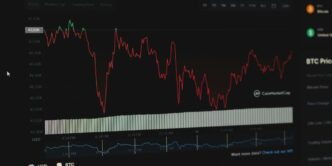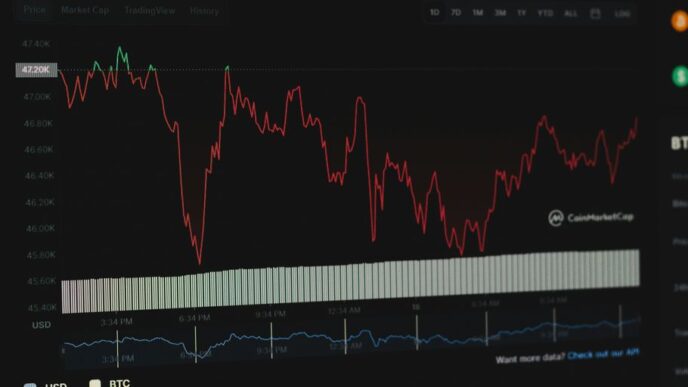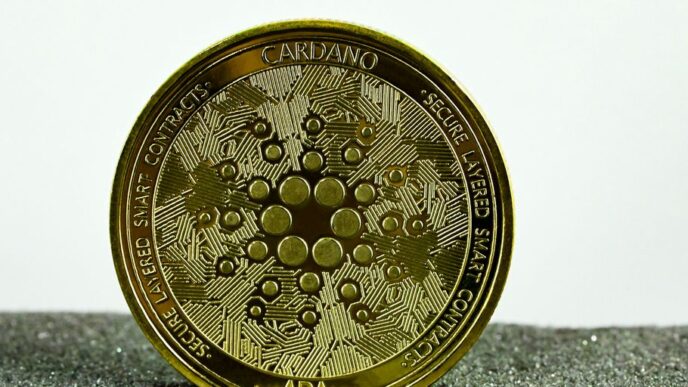Japan is at a crossroads regarding its cryptocurrency regulations and the approval of exchange-traded funds (ETFs). As the nation prepares for a snap election on October 27, 2024, political parties are vying for voter support with promises of pro-crypto reforms. However, the country’s regulatory framework remains stringent, posing significant challenges for the adoption of crypto ETFs.
Key Takeaways
- Japan’s upcoming snap election features pro-crypto policies as a focal point.
- The Democratic Party for the People proposes lowering crypto tax rates to 20%.
- Japan’s regulators are hesitant to approve crypto ETFs despite global trends.
Political Landscape Shifts
The political landscape in Japan is shifting as the Democratic Party for the People (DPP) seeks to attract voters with ambitious pro-crypto policies. Yuichiro Tamaki, the party leader, has proposed a flat tax rate of 20% on cryptocurrency profits, significantly lower than the current rate of up to 55% for miscellaneous income.
Tamaki’s proposals include:
- Flat Tax Rate: Replace the variable tax rate with a flat 20%.
- Loss Deductions: Allow losses from crypto investments to be deducted from taxable income.
- Crypto-to-Crypto Exemptions: Exempt exchanges between cryptocurrencies from taxation.
- Increased Leverage: Raise leverage rates for crypto trading from 2x to 10x.
These proposals aim to position Japan as a leader in the Web3 space, but the DPP holds relatively few seats in parliament, raising questions about the feasibility of these reforms.
Regulatory Reluctance
Despite the global momentum towards embracing cryptocurrency ETFs, Japan’s regulatory bodies remain cautious. Countries like the United States and Hong Kong have already approved spot Bitcoin and Ether ETFs, reflecting a growing acceptance of digital assets in traditional finance.
In contrast, Japan’s Ministry of Finance and Financial Services Agency (FSA) are still hesitant, citing concerns over the volatility and risks associated with crypto ETFs. This reluctance is compounded by the country’s strict tax policies, which treat crypto profits unfavourably compared to traditional investments.
Taxation Challenges
Japan’s current tax framework presents a significant barrier to the adoption of cryptocurrency. Profits from crypto investments are classified as miscellaneous income, subjecting them to a tax rate that can reach 55%. In comparison, traditional ETFs benefit from a lower capital gains tax rate of approximately 20%.
Tamaki’s call for a separate 20% tax rate for crypto assets has resonated with some voters, but the disparity in treatment between crypto and traditional investments remains a contentious issue.
Market Sentiment and Future Outlook
Despite regulatory challenges, Japanese firms continue to show a bullish sentiment towards cryptocurrencies. For instance, Metaplanet, a Tokyo-listed investment company, has been aggressively acquiring Bitcoin, recently purchasing an additional 108.78 BTC, bringing its total holdings to nearly 640 BTC.
This trend indicates that while regulatory hurdles persist, there is a growing appetite for digital assets among Japanese investors. As the snap election approaches, the outcome could significantly influence Japan’s regulatory stance and the future of cryptocurrency in the country.
In conclusion, Japan stands at a pivotal moment in its cryptocurrency journey. The interplay between political promises, regulatory caution, and market sentiment will shape the landscape for crypto adoption and ETF approvals in the coming months.














